Background
PAfID is committed to advancing inclusive development by ensuring that persons with disabilities, especially those from the most marginalized and hard-to-reach communities, are not left behind. In alignment with our strategic focus on disability inclusion and our principle of reaching the unreached, PAfID is actively working to address the intersectional barriers faced by persons with disabilities in indigenous communities in Cambodia.
In Ratanakiri province, indigenous people experience compounded forms of exclusion due to geographic isolation, cultural beliefs, poverty, and limited access to essential information and services. Within these communities, people with disabilities particularly women and girls face even deeper marginalization. Recognizing this critical gap, PAfID has launched an initiative to promote disability inclusion in indigenous communities.
One of PAfID’s current initiatives to promote disability inclusion in indigenous communities is being implemented in Ratanakiri province as part of the broader ACCESS 2 program. This effort reflects PAfID’s proactive and strategic commitment to ensuring that disability perspectives are embedded across all aspects of development particularly in hard-to-reach indigenous areas. In this initiative, we are working alongside other stakeholders including CARE Cambodia, Highlander Association (HA), Conserve Indigenous Peoples Languages (CIPL), Organization of People with disabilities (OPD) and Provincial authorities, to ensure inclusive services for indigenous people. We provide technical support, capacity building, and community engagement to ensure disability inclusion is not just an add-on but a core component. This work is a reflection of PAfID’s long-term vision to reach the unreached and create systems that really leave no one behind.
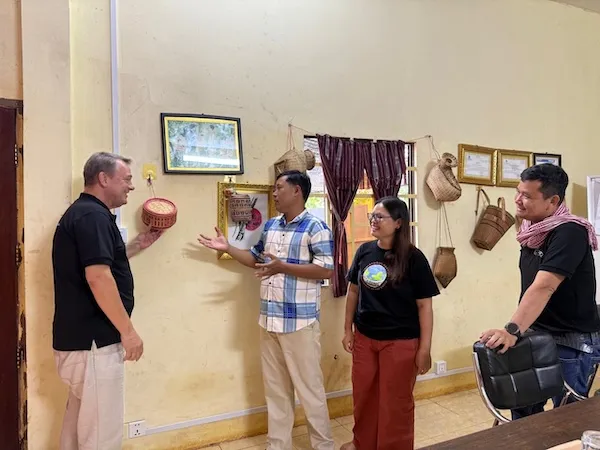
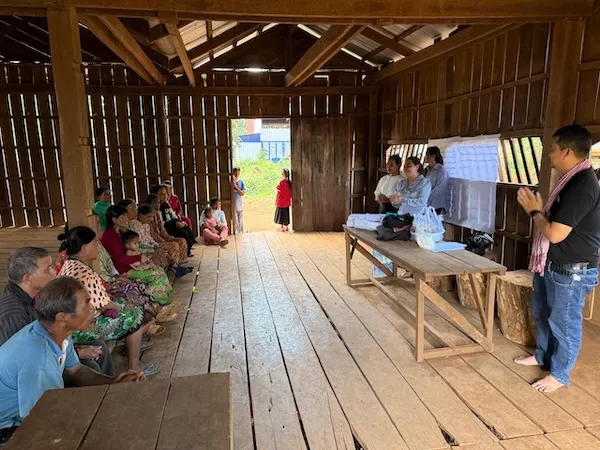
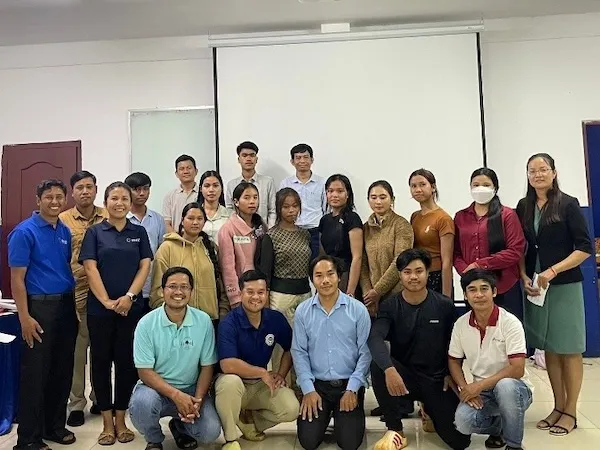
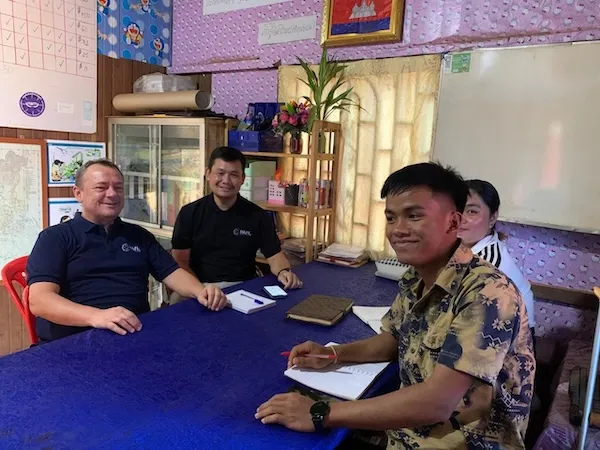
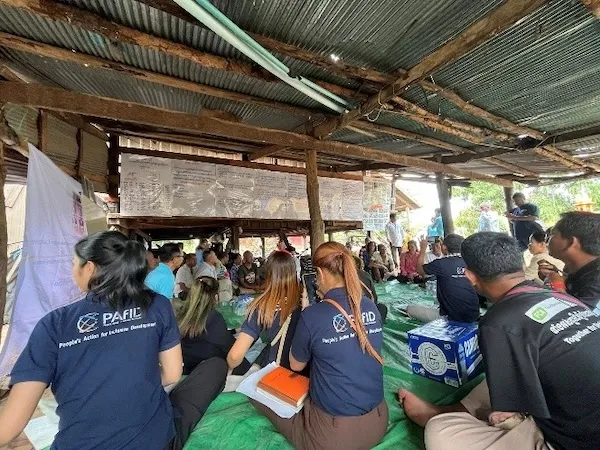
What we did
Our work in Ratanakiri represents PAfID’s long-term commitment to promoting disability inclusion in indigenous communities. Through technical collaboration, capacity development, and community engagement, we aim to transform systems, shift attitudes, and build inclusive structures that empower persons with disabilities in these remote regions of Cambodia.
Key components of our initiative include:
Strengthening Indigenous OPDs
We support the reactivation and development of the Organization of Persons with Disabilities (OPD) in Ratanakiri, providing tailored capacity building, coaching, financial management training, and strategic planning support to enable them to serve their communities of indigenous people with disabilities effectively.
Building Inclusive Local Systems
We work closely with local authorities, provincial coordination committee (PCC), community-based organizations such as CIPL and HA , and CARE to assess and improve their disability inclusion practices using tools like the Disability Inclusion Score Card (DISC). These assessments lead to concrete action plans and strengthened service delivery for persons with disabilities.
Empowering Indigenous Voices
Through inclusive community dialogues, awareness raising, leadership development for indigenous women with disabilities and participation in national platforms, PAfID amplifies the voices and promote active participation of indigenous persons with disabilities in local planning and advocacy processes.
Training and Knowledge Exchange
We provide disability inclusion training to CARE staff, local NGO partners, government GBV working group, and CAFs (Community Accountability Facilitators), equipping them with the knowledge and tools to practice disability inclusive governance, awareness-raising, and community mobilization.
Cross-Learning and Exposure Visits
Our initiative facilitates learning exchanges between stakeholders in Ratanakiri and other provinces, enabling practical learning on inclusive planning, accessible infrastructure, and self-help group models that can be adapted locally.
Evidence-Based Advocacy
We lead and contribute to the relevant research on the intersectional needs of indigenous persons with disabilities, with a focus on access to justice, social protection, and service delivery. The findings guide our policy advocacy efforts and inform inclusive planning at both local and national levels.
This our ongoing initiative and a key part of PAfID’s broader commitment to inclusive development that centers on dignity, equity, and meaningful participation. By embedding disability inclusion in indigenous development efforts, we continue to push the boundaries of what it means to truly promote people’s action for disability inclusion.